The present study is an analysis and legal evaluation of the UN peace keeping operations particularly India’s contribution with regard tomaintaining nternational peace and security. In the present study, it has become crystal clear that no international force has so far been capable to maintain complete peace and security; it has to contain itself with its general responsibility, namely, supervising ceasefires, political frontier areas, enforcing law and order, etc. For the purpose, till now the United Nations has spent more than $ 24 billion in about 50 peace keeping operations. These forces, of course, without enemies have been designated under various titles like “Truce Supervision Organisationâ€, “Disengagement Observer Forceâ€, and “United Nations Forces†etc. These would not exhaust the variety of the tasks which are contemplated by the protagonists of UN peace keeping. Through UN peace keeping, ceasefires have been monitored, borders patrolled, troop disengagements supervised, truces guaranteed, hostile armies insulated at safe distances, internal security maintained, and essential government functions preserved. Thus, the United Nations has proved itself as a living institution which reflects the changing conditions of the world. However, it is vital to note that the United Nations was created not to bring mankind to heaven but to save it from hell. The book may be proved a very useful contribution to the achievement of the UN Peace Armed Forces which has not been adequately highlighted. The book will also provide academic material to the readers who cannot afford costly UN literature specially in developing and under-developed countries.
International Conflicts and Peace Making Process: Role of the United Nations
$45.00
$50.00
In stock
Free & Quick Delivery Worldwide
All orders amounting to US$ 50 or more qualify for Free Delivery Worldwide. For orders less than US$ 50, we offer Standard Delivery at $14 per book.
ABOUT THE AUTHOR Mala Chandra
Mala Chandra (b. 1954) has a brilliant academic career. She has M.A; L.L.B.; and Ph.D. degrees to her credit. She has published two books and a number of research papers/articles. She has travelled widely and is engaged in academic and social work. She is also working independently on a research project. Since 1982, she is serving Government of India (Ministry of Human Resources Development), Rashtrya Sanskrit Sansthan, New Delhi.
ABOUT THE AUTHOR Satish Chandra
Satish Chandra (b. 1922) is among a select band of historians who helped to give a new shape to Indian history after independence. He was Professor of History, Jawaharlal Nehru University and Vice Chairman and Chairman, University Grants Commission (1972-81). He taught at the Universities of Allahabad, Aligarh Muslim, Delhi and Rajasthan. He was Smuts' Visiting Professor, Cambridge University (1971) and Associated with many national and international agencies. He was secretary and later President, Indian History Congress (1973), Council Member, United Nations University, Tokyo (1980-86), Associate Director of Research, Maison des Sciences de I'Homme, Paris; Member, Executive Board, International Congress of Historical Sciences, Paris, etc. He was also Chairman of the Committee to review Civil Services Examination in Delhi. He had written and edited many books on Medieval Indian History, and the Indian Ocean History and published a large number of research articles in national and international journals. Some of these have been brought together and published in three monographs. Presently, he is Executive Chairman, Maulana Azad Institute of Asian Studies, Calcutta and Secretary-cum-Treasurer, Society for Indian Ocean Studies. He is also the Secretary of the twelve volumes comprising History of India scheme prepared by the Indian History Congress.
reviews
0 in total
Review by Anonymous
International Conflicts and Peace Making Process: Role of the United Nations
Be the first to review “International Conflicts and Peace Making Process: Role of the United Nations” Cancel reply
You must be logged in to post a review.
Bibliographic information
Title
International Conflicts and Peace Making Process: Role of the United Nations
Author
Edition
1st ed.
Publisher
ISBN
8183241662
Length
xix+376p., 23cm.
Subjects
more by Satish Chandra see more
similar bookssee more
The Nagas: Culture and Education
$17.10
$19.00

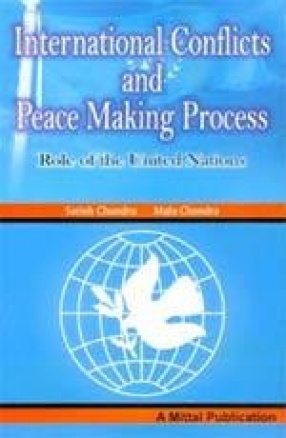
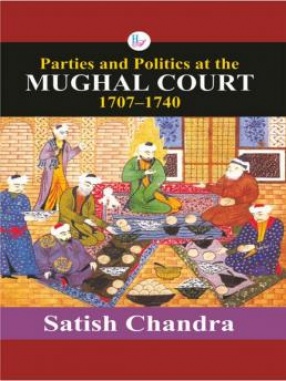
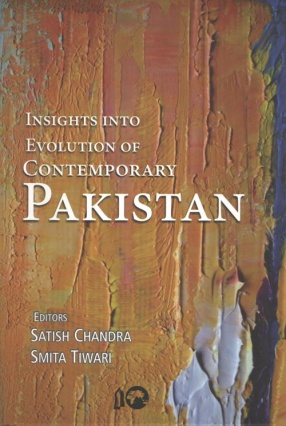

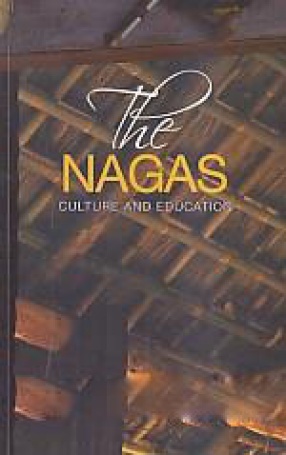
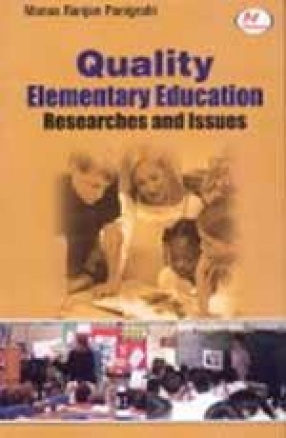
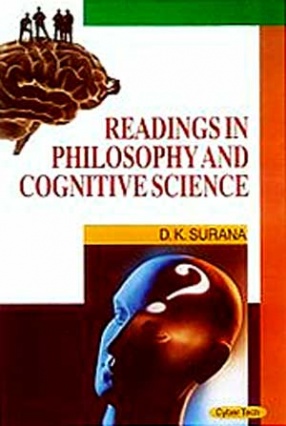
There are no reviews yet.